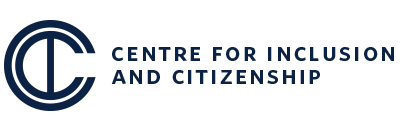
Mental Health Service Provision with Autistic Adults: An Interpretive Description Study (Ethics ID # H18-02542)
We want to learn from Autistic Adults and Mental Healthcare Providers separately about their experiences working together on mental health interventions and in mental health systems of care in Canada.
We are still seeking participants for this doctoral dissertation study!
To participate in this online questionnaire please click on one of the links below:
Autistic Adult Questionnaire
Mental Health Provider Questionnaire
If you would like someone to help you complete the questionnaire, you can contact the Canadian Institute for Inclusion at Citizenship at cic.ubc@ubc.ca or 604-822-5872 and someone who is not involved with data analysis will help you do the survey on the telephone.
This online questionnaire should take approximately 30 minutes to complete. Participation is completely voluntary and all responses are anonymous. Participants will have the opportunity to enter for a chance to win one of four $25 gift cards. Even if you withdraw or choose not to finish this questionnaire, you can still enter for a chance to win. Odds of winning a gift card are dependent on the number of people who enter. Provincial laws require that this opportunity excludes those who are residents of the province of Quebec.
We are seeking approximately 20-30 participants after which the questionnaire will no longer be available to access. Please do not participate more than one time. Your responses will be used to inform best practice considerations and recommendations to better support the mental health of autistic adults in Canada.
If you have any questions about this project, or for more information please contact:
Rae Morris, PhD Candidate
UBC Vancouver
604-822-5872 or raemor@mail.ubc.ca
This study is led by Primary Investigator Dr. Tim Stainton of the UBC School of Social Work, and is funded in part by the Social Science Research Council and the UBC Institute of Mental Health Marshall Scholars Program

